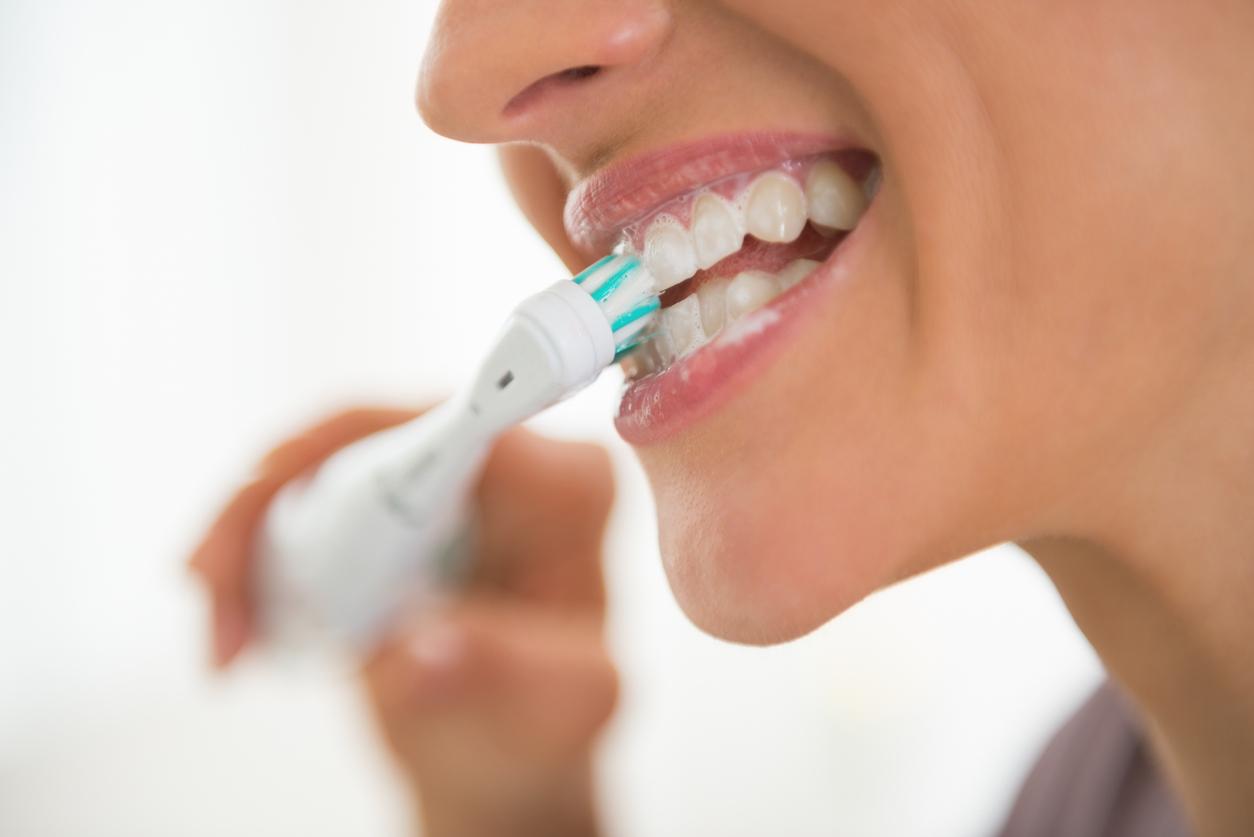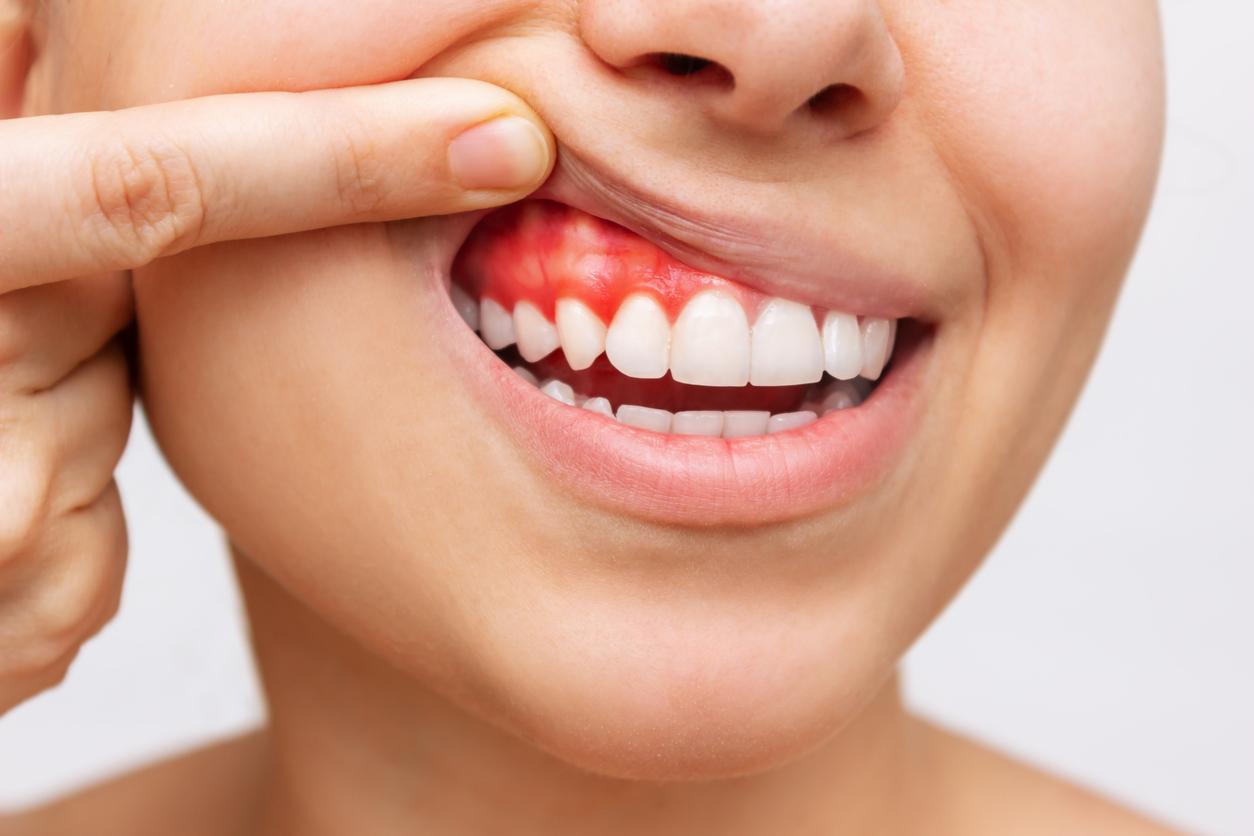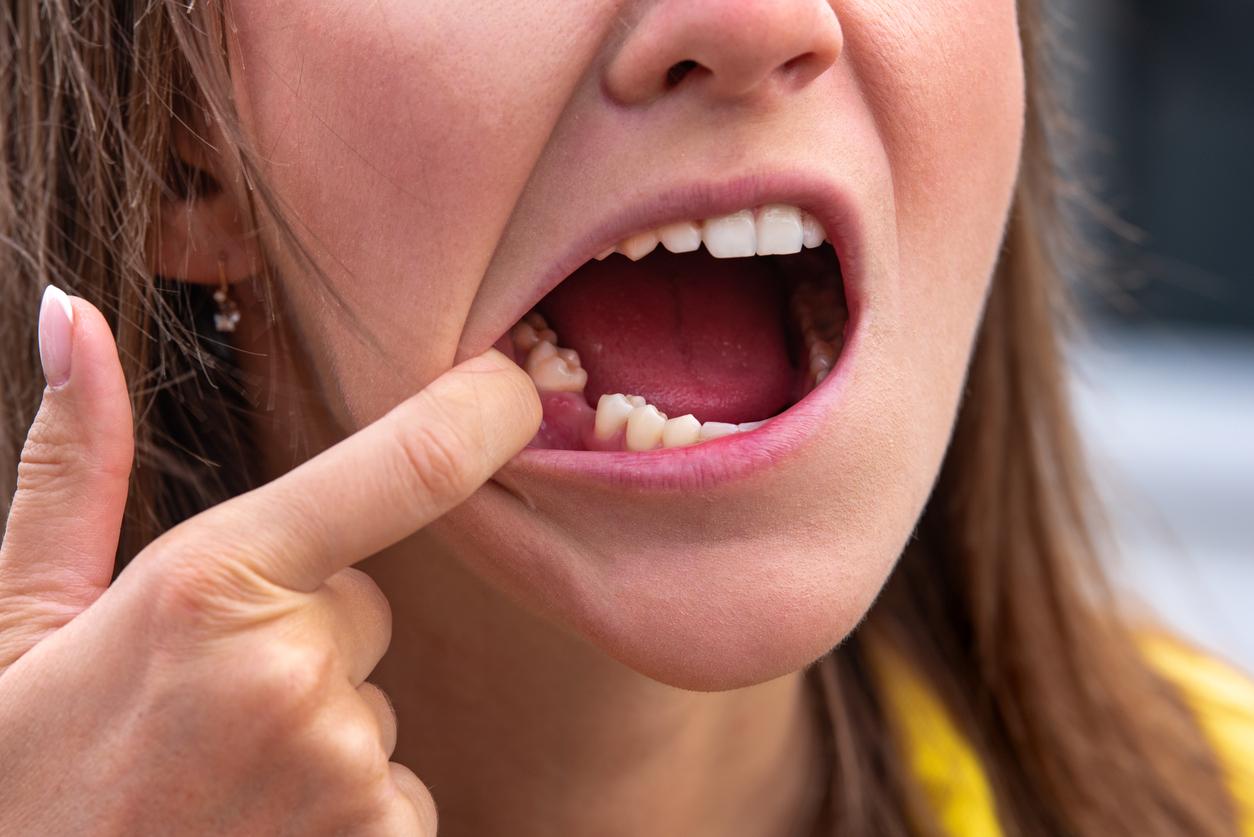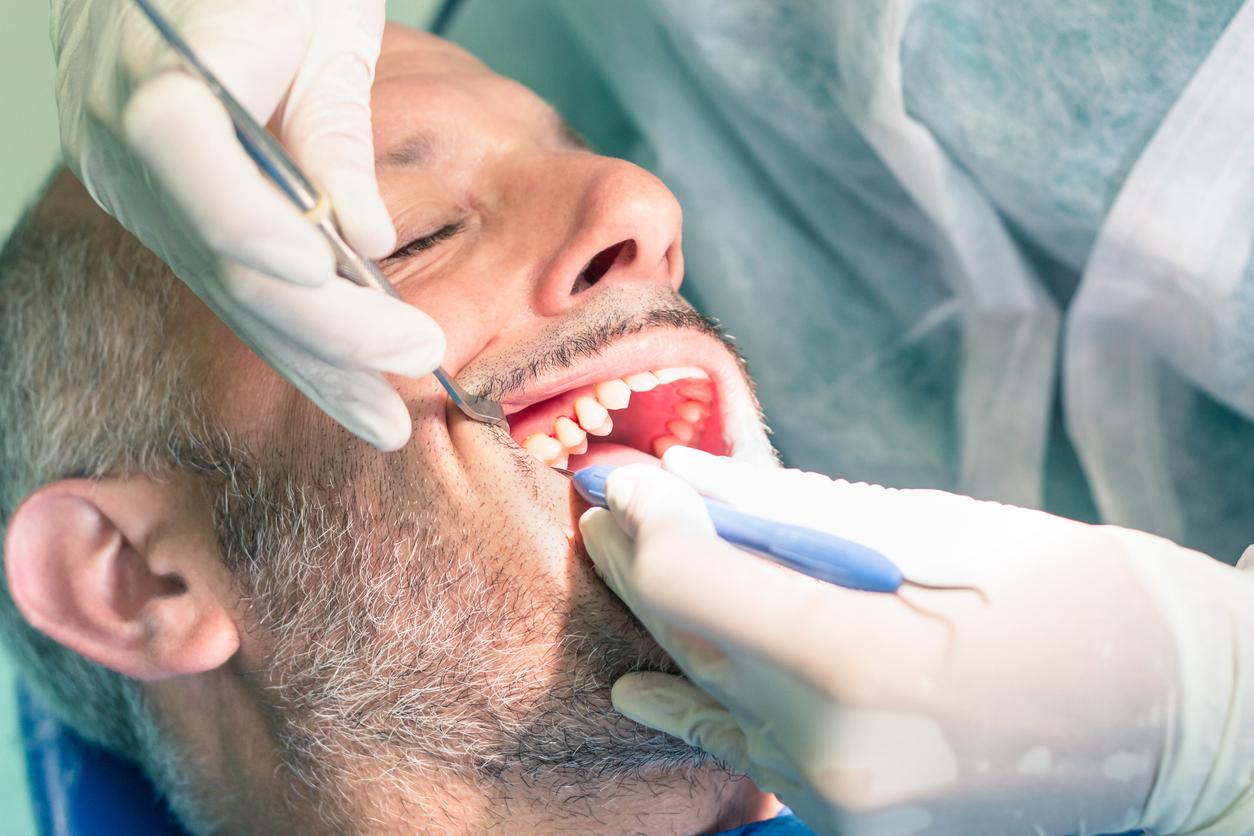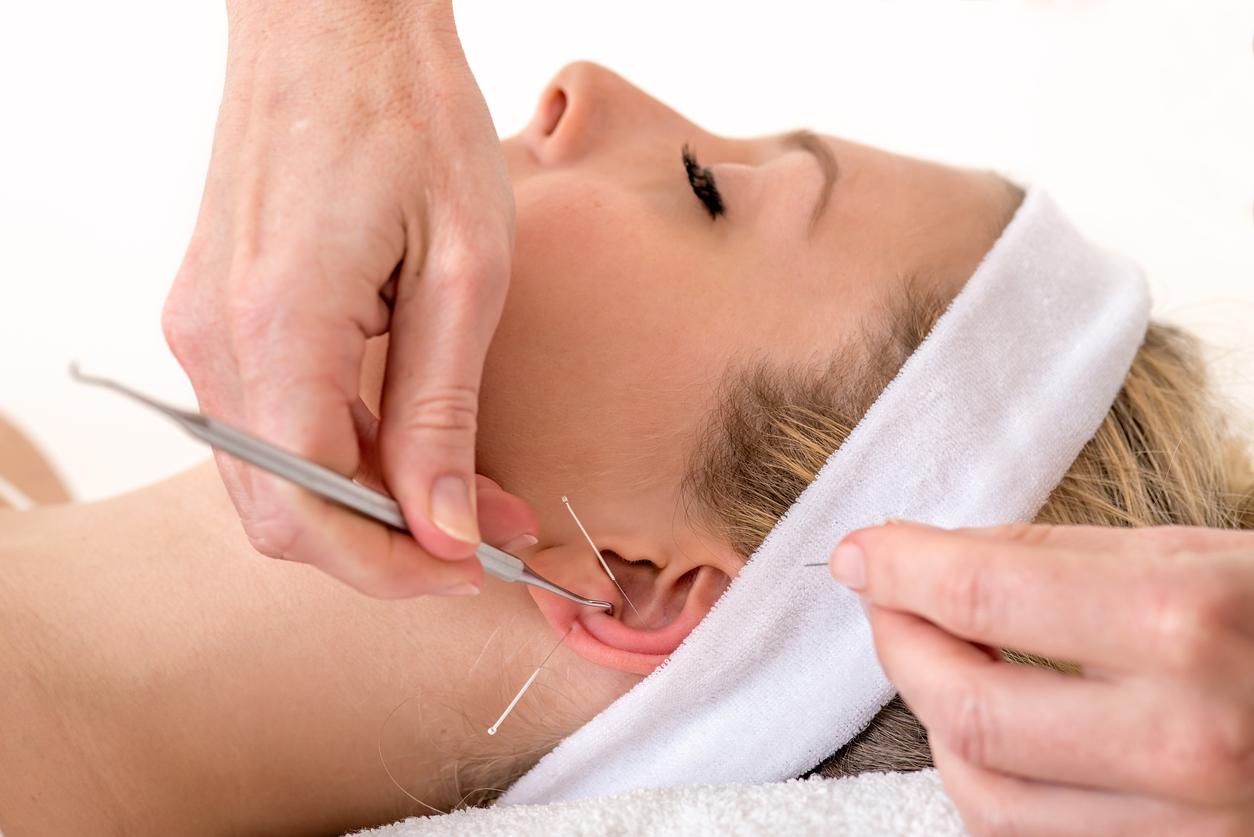December 18, 2000 – Don’t be surprised if the chewing gum industry is soon highlighting the word “xylitol” on its packaging. This natural sugar present in certain fruits has the property of significantly reducing the number of bacteria Streptococcus mutans causing tooth decay.
According to a recent study of 151 people who are easily prone to cavities, those who chewed a sweet xylitol gum for at least five minutes at the end of a meal had significantly less bacteria than those who chewed a sweet sorbitol gum or who didn’t. chewed nothing at all. The beauty of it is that the effect of xylitol was felt for up to three months later.
Lead research author Dr Gary Hildebrandt, associate professor at the University of Minnesota School of Dentistry, says the bacteria responsible for dental caries try to fight off the presence of xylitol which leaves them with less energy to reproduce. On the contrary, chewing gums sweetened with sorbitol or with sugar feed the same bacteria.
This is not the first time that xylitol has come to the fore, as two studies from 1996 and 1998 showed that children who chew xylitol gum were less at risk of developing ear infections. Cavities, ear infections … what if we put a little xylotil in toothpaste? Discussions on the more widespread use of xylitol have started in the scientific community1.
HealthPassport.net
Hildebrandt GH, Sparks BS. Maintaining mutans streptococci suppression with xylitol chewing gum.J Am Dent Assoc. 2000 Jul; 131 (7): 909-16.
Uhari M, Kontiokari T, Niemela M. A novel use of xylitol sugar in preventing acute otitis media. Pediatrics. 1998 Oct; 102 (4 Pt 1): 879-84.
1. Xylitol and acute otitis media.Arch Dis Child. 1999 Apr; 80 (4): 376










